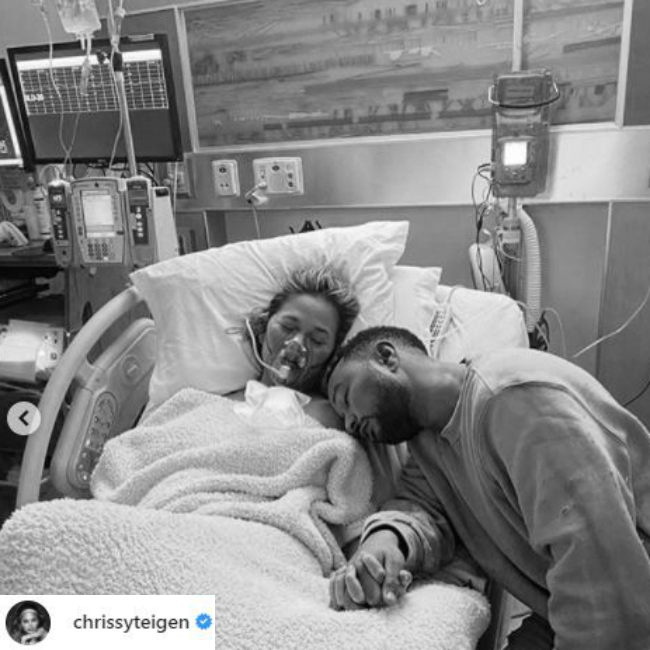
Have you had a miscarriage? According to the March of Dimes, 10 percent to 15 percent of women experience a miscarriage in the first trimester. During the second trimester, the estimate ranges from 13 percent to 19 percent. Identifying clear and concise numbers tend to be more difficult because, in some cases, women have miscarriages before they even know they’re pregnant.
My heart and prayers go out to Chrissy Teigen and John Legend as they cope with the unexpected loss of their third child. I too have suffered this immeasurable loss. I thought I did everything right. I stayed healthy, worked out and kept my stress level to a minimum. Then — poof! — I began to spot. The inevitability of the pregnancy ending was a tremendous hit to my subconscious. I was the control freak who needed to be in control at all times. How could this happen to me?
The realization that my baby was gone broke my heart and ruptured my soul. I became depressed and despondent. I ate guilt for breakfast, lunch and dinner. What could I have done differently? If you’ve felt this catastrophic loss, you’re not alone. That grief is real.
The death of a child at any time is devastating. Regardless of your ethnicity, financial prowess or educational accolades, miscarriage will have you doubting all things. A belief that it was your fault delays the grieving process. An accumulation of emotions ranging from sadness, disbelief and anger places you in the front seat of your own roller coaster.
Recovering from a miscarriage is a two-step process that’s physical and emotional. Time and patience from loved ones should be in abundance. Understandably, your emotions will range from resentment to denial. You’ll become withdrawn from family and friends. The sight of a pregnant woman will send you into a tailspin.
Continue reading on the next page.















